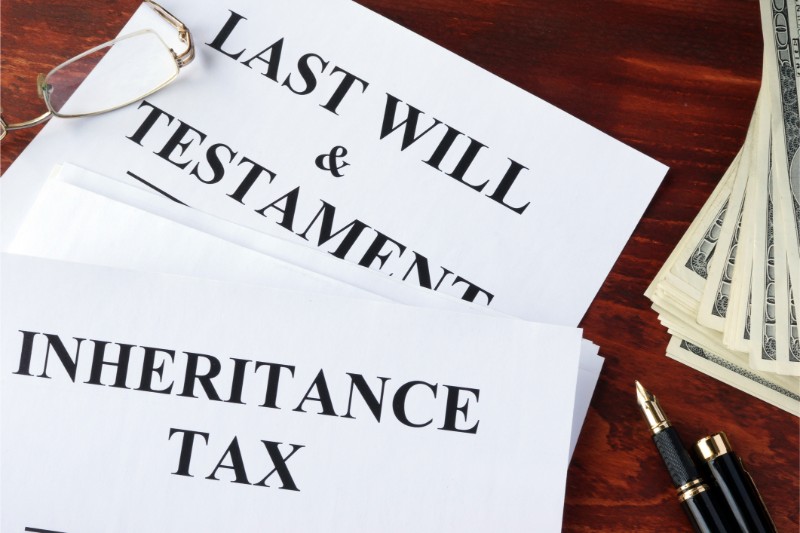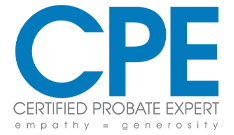
The loss of a loved one is a deeply emotional experience, and the subsequent task of settling their estate can feel overwhelming. In Virginia, this process falls under the purview of probate, a legal procedure designed to ensure the deceased’s wishes are honored and their financial affairs are concluded responsibly. If you’ve been named as an executor in a will, you’ve been entrusted with this significant responsibility. This isn’t merely a formality; it’s a complex undertaking requiring meticulous attention to detail, adherence to legal timelines, and a thorough understanding of the probate process.
This blog post aims to demystify the executor’s role in Virginia probate, providing a clear roadmap to help you navigate this intricate journey with confidence. Whether you’re currently serving as an executor or simply seeking to understand the process, this information will empower you to fulfill your duties effectively.
What is Probate?
At its core, probate is the legal process through which a deceased person’s estate is settled under the supervision of the Circuit Court. It’s the mechanism by which the court validates the will, ensures debts and taxes are paid, and oversees the distribution of assets to beneficiaries. In essence, it’s the legal framework for wrapping up a person’s financial affairs after their passing. Think of it as a court-supervised administrative process that ensures fairness and transparency in handling the deceased’s assets. Without probate, there’s a risk of assets being distributed improperly or disputes arising among potential heirs.
The Executor’s Responsibilities: A Step-by-Step Guide
As an executor, you are the designated individual responsible for carrying out the deceased’s wishes as outlined in their will. This role demands a blend of organizational skills, legal awareness, and a compassionate approach. Here’s a breakdown of the key responsibilities, along with essential timelines and forms:
- Locating and Filing the Will (Within 30 Days)
The initial step is to locate the original will and file it with the Circuit Court in the county where the deceased resided. This must be done within 30 days of their death. This timeline is crucial for several reasons:
- Initiating the Probate Process: Prompt filing officially starts the probate process, allowing you to begin your duties as executor.
- Legal Compliance: Delays can complicate the process and potentially lead to legal issues. For instance, if you delay filing, beneficiaries might become anxious, and creditors might become more aggressive in their pursuit of payment.
- Preventing Disputes: Timely filing helps establish the will’s validity and reduces the potential for disputes.
To officially qualify as the executor, you’ll need to take an oath before the court, affirming your commitment to fulfilling your duties faithfully. The court may also require you to post a bond, a type of insurance that protects the estate from financial mismanagement. This bond serves as a financial safeguard, guaranteeing that you’ll act in the best interest of the estate.
Upon qualification, the court will issue “letters testamentary,” a legal document granting you the authority to act on behalf of the estate. This document is essential for accessing accounts, selling property, and distributing assets. Without these letters, financial institutions and other entities will likely refuse to cooperate with you.
To begin this process, you’ll need to file Form CC-1651, “Qualification of Executor/Administrator,” with the court. You will need to gather all necessary documentation, such as the death certificate and the original will, before filing to ensure a smooth process.
- Identifying and Inventorying Assets (Within Four Months)
The next crucial step is to identify and inventory all the deceased’s assets. This includes:
- Real estate
- Bank accounts
- Retirement funds
- Personal belongings
- Vehicles
- Investments
This task can be time-consuming, especially for complex estates. Thoroughness and meticulous record-keeping are paramount. You may need to contact various financial institutions, such as banks, investment firms, and insurance companies, to gather necessary information. Creating a detailed spreadsheet or using probate management software can be helpful in organizing this information.
In Virginia, you must file an inventory report with the Commissioner of Accounts within four months of qualifying as executor. This report provides a detailed account of the estate’s assets and their estimated value. Use Form CC-1670, “Inventory for Decedent’s Estate,” for this step. Accurate valuations are crucial, as they will impact tax liabilities and the distribution of assets.
- Notifying Creditors (Within Six Months of Publication)
Notifying creditors is essential to ensure valid debts are paid from the estate. Virginia law requires two forms of notification:
- Newspaper Notice: Publish a notice to creditors in a local newspaper once a week for two consecutive weeks.
- Written Notice: Send written notice to known creditors via certified mail with return receipt requested. This provides proof of notification, which is vital for legal protection.
Creditors typically have six months from the first newspaper publication to file claims. Review these claims and determine their validity. Use Form CC-1486, “Notice to Creditors and Beneficiaries,” for this step. Be prepared to negotiate with creditors if there are disputes about the validity or amount of a claim.
- Managing Estate Assets (Throughout the Probate Process)
Throughout the probate process, you must manage the estate’s assets prudently. This may involve:
- Maintaining real estate
- Paying property taxes
- Managing investments
- Selling property (with court approval, if necessary, using Form CC-1684, “Request for Sale of Real Estate”) If the estate includes a vacant property, consider security measures to prevent vandalism or damage.
-
Distributing Assets and Closing the Estate (Typically Within 12 Months)
Once debts, taxes, and creditor claims are resolved, distribute the remaining assets to beneficiaries according to the will. Obtain receipts from beneficiaries and maintain detailed records. Ensure that all distributions are in accordance with the will and any applicable laws.
File a final accounting with the Commissioner of Accounts, using Form CC-1680, “Account for Decedent’s Estate,” to provide a comprehensive report of all income, expenses, and distributions. This step typically must be completed within 12 months, though extensions may be granted. This final accounting demonstrates that you’ve fulfilled your duties and allows the court to close the estate.
Navigating Challenges
Being an executor can present challenges, such as:
- Disputes among heirs
- Difficulties locating assets
- Complex creditor claims
- Will contests
- Hidden assets
- Insufficient estate funds
In such situations, seeking professional help from a probate attorney is crucial. A Certified Probate Expert, like those specializing in real estate, can also provide invaluable guidance, especially when dealing with property-related issues.
The Importance of Professional Guidance
The complexities of probate can be daunting. Seeking professional guidance is essential to ensure you fulfill your duties effectively and protect your interests. An experienced probate attorney can provide legal counsel, help you navigate complex situations, and ensure compliance with Virginia law.
For real estate-related matters, a Certified Probate Expert can provide specialized assistance, helping with tasks such as:
- Selling a home
- Determining property value
- Addressing real estate issues that arise during probate
Understanding Probate Taxes
It is very important to understand that there can be taxes due during the probate process. There may be estate taxes, inheritance taxes, and income taxes. A probate expert can help you to understand what taxes may be due, and how to file them.
Serving as an executor in Virginia probate is a significant responsibility that requires organization, patience, and attention to detail. By understanding the process, adhering to timelines, and seeking professional guidance when needed, you can fulfill your duties with confidence and ensure the deceased’s wishes are honored.




